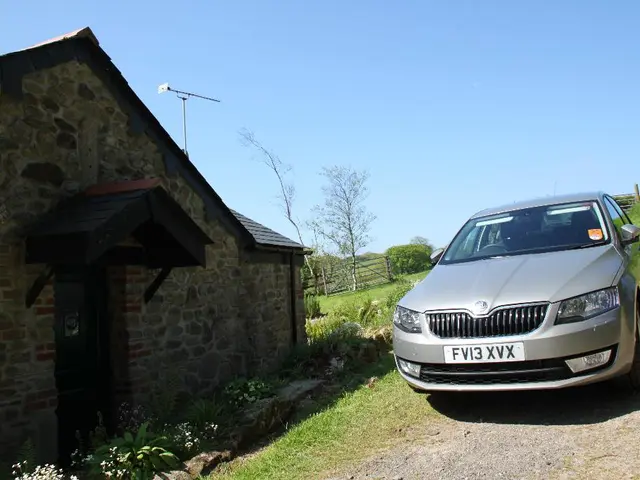Mediterranean Tourism Faces Urgent Change as Visitors Surge
A new report has highlighted the urgent need for change in Mediterranean tourism. With Spain, France, and Italy accounting for 64% of tourist arrivals, the heavy concentration in a few countries is putting significant pressure on the environment and local communities.
The report, produced by Med with support from the French Facility for Global Environment (FFEM) and other organizations, calls for a fundamental shift in tourism models. It proposes accelerating decarbonisation, strengthening climate change adaptive capacity, and replacing mass tourism with low-impact models. These changes are crucial as the Mediterranean blue tourism sector is worth €171 billion and faces increasing climate and environmental pressures.
Positive alternatives are already in place, such as eco-tourism, cultural tourism, and community-led initiatives. These models can help integrate biodiversity protection into tourism strategies and align with EU Green Deal and global climate goals. Marine Protected Areas (MPAs) are also highlighted as crucial for safeguarding ecosystems, boosting resilience, and creating opportunities for low-impact tourism.
The report comes as coastal and maritime tourism in the Mediterranean is expected to welcome nearly 635 million visitors by 2025, up from 360 million in 2024. Without policy changes, tourist arrivals are projected to keep rising, exacerbating environmental and social pressures. The report serves as a call to action, urging a shift towards regenerative, inclusive, and climate-resilient tourism models.
Read also:
- Ukraine's Drone Strikes Cripple Russian Rail, Impacting Military Operations and Economy
- Emerging Investment Trends in China's Ethical Finance Sector for 2025
- Construction and renovation projects in Cham county granted €24.8 million focus on energy efficiency
- Colombia's Court Abolishes Local Referendums on Land Use, Sparking Mining Sector Concerns







